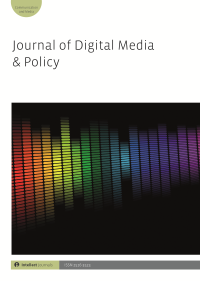
Full text loading...

How are communication policies made in a hybrid regime that is democratically elected but essentially authoritarian? Exploring the inner-workings of the policy-making processes in Bangladesh, the article employs a critical analysis of the major communication policies under the incumbent Awami League-led government (in their third term consecutively), including the Private Television Ownership, Establishment and Operation Policy 2012 Draft, National Broadcasting Policy 2014 and the most recent Digital Security Act 2018. Drawing from field-based data, document analysis and in-depth interviews, the article delves deeper into the politics of inclusion and exclusion of policy stakeholders, as well as the compromise, trade off and their consequences that often remain hidden from public scrutiny. The findings show, as Bangladesh moves towards a single party-ruled country, orchestrating an absolute control over broadcast media ownership and communications policy-making in general, the hope for media democratization through policy reforms becomes unattainable and turns into despair.

Article metrics loading...

Full text loading...
References


Data & Media loading...

Publication Date:
https://doi.org/10.1386/jdmp_00094_1 Published content will be available immediately after check-out or when it is released in case of a pre-order. Please make sure to be logged in to see all available purchase options.